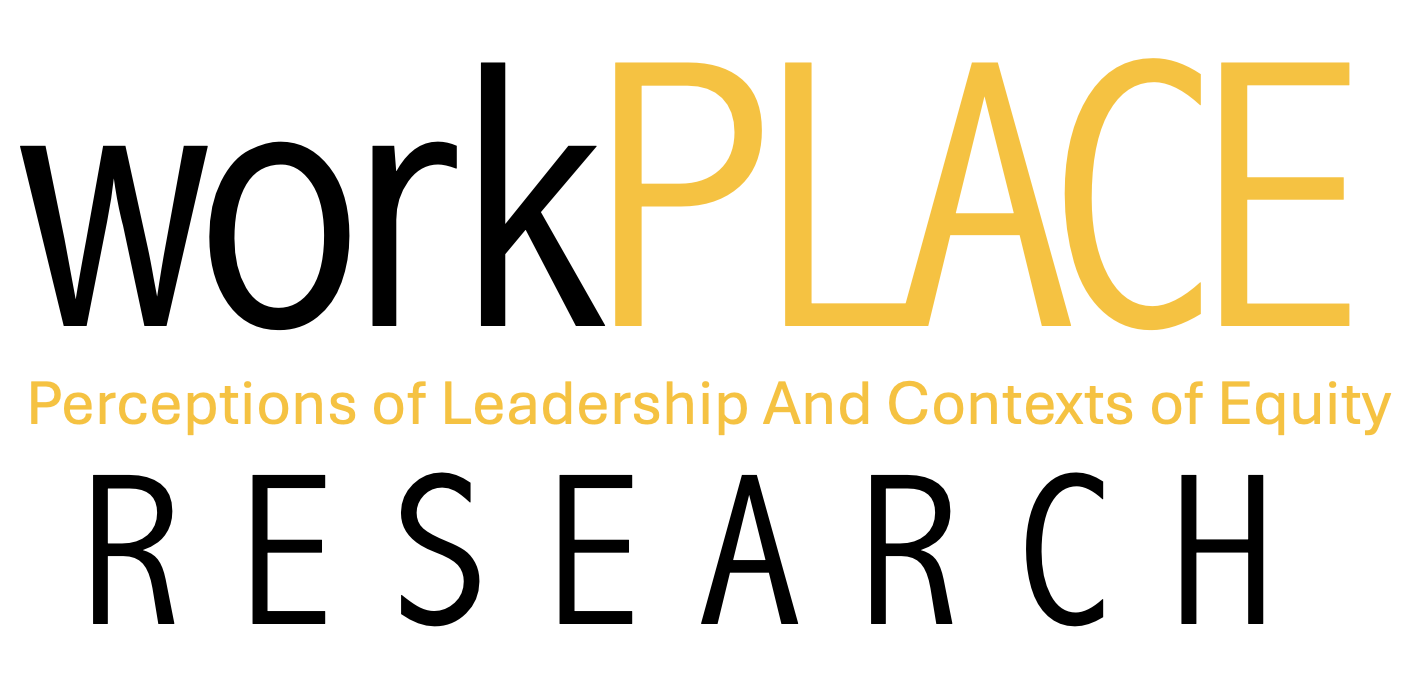To PhD or Not to PhD? A Real Talk Guide for Psychology Undergraduates
It’s that time of year: graduation is around the corner, and soon you’ll be holding a shiny new bachelor’s degree in psychology. Now you're facing the $75,000 question: What’s next? Grad school sounds appealing, especially with all the talk about advanced degrees becoming the new standard. But do you go for a master’s, or dive straight into a Ph.D.?
If you’re leaning toward a Ph.D. in psychology, first, congratulations. Second, let’s get some things out of the way: no, you won’t be reading minds, and no, you won’t be analyzing everyone you see. If you're prepared to explain that over and over, you’ve already cleared the first (unofficial) hurdle.
Now for the real talk. Ask yourself these three questions before hitting apply:
Do you have focused research interests?
Ph.Ds. are built around long-term research, so you need to know what excites you. Think back: what questions made you pause in class or in life? For me, it was during a political debate when my friend said, “He looks like a leader, so he should win.” Why exactly did he look like a leader? What do leaders look like? Once I discovered my questions, the next steps got clearer.
Here’s one of the best advices I got: “You’re not applying to a school; you’re applying to a person.” Fit with your advisor is key. Find someone whose work aligns with your questions. These questions may evolve, but having a clear starting point helps you get in the door.
Do you have relevant research experience?
No matter what the application websites say, research experience matters—a lot. Have you worked in a lab? Helped run studies? Analyzed data? That experience signals that you know what research looks like and that you’re not choosing a Ph.D. on a whim.
Your experience doesn’t have match your exact topic as long as the knowledge is transferable. I knew I wanted to study people’s attitudes about leaders, so I studied survey design and data analysis before applying, because I knew that would be directly applicable to my future research. My colleague worked in a child development lab as an undergraduate learning software that she currently uses in her research which couldn’t be further away from child development (she studies morality on social media).
If you don’t have research experience yet, volunteer in a lab. It’s a low-stakes way to find out if research is your thing. And if it’s not? Better to know now.
Do you fancy an academic life?
Ph.D.s are designed to prepare you for academic careers: professorships, publications, and grant-writing. If you’re not excited about that, you may want to reconsider. Yes, some graduates move into industry, but it takes extra work to build that path during your Ph.D. — for instance, you may take a summer internship instead of finishing an academic article for publication.
If you answered yes to all three, this might be your next big adventure. If not, that’s okay! Grad school isn’t a race, and the best path is the one that actually excites you. Whether that’s a Ph.D., a master’s, or something else entirely, choose what gets you up in the morning. If it turns out you don’t fancy that academic life, it’s worth reconsidering your path. Master’s programs, for instance, are shorter, more flexible, and often better suited for applied careers. They may be a better fit if you want faster training with a similar payoff over time.

